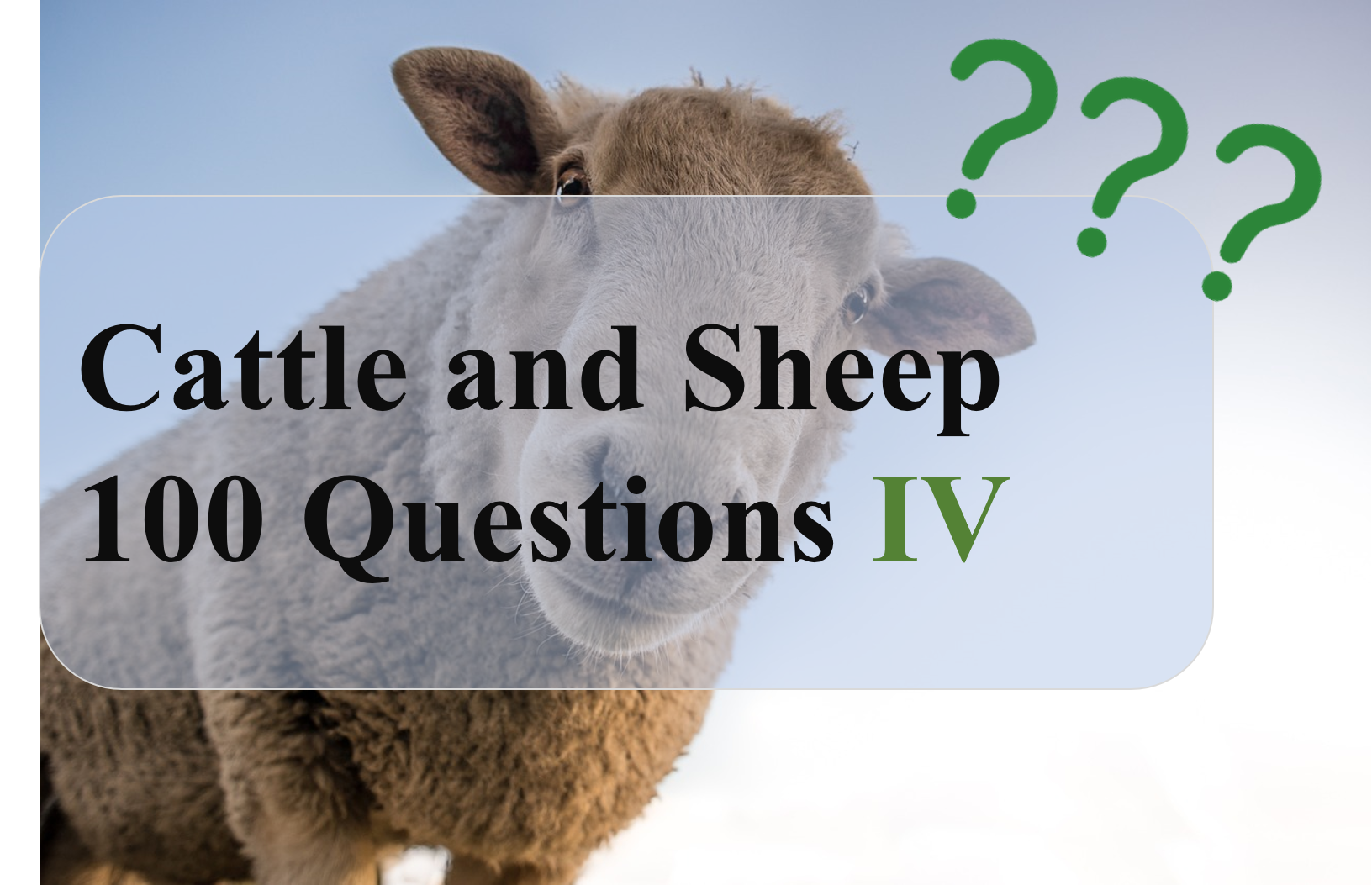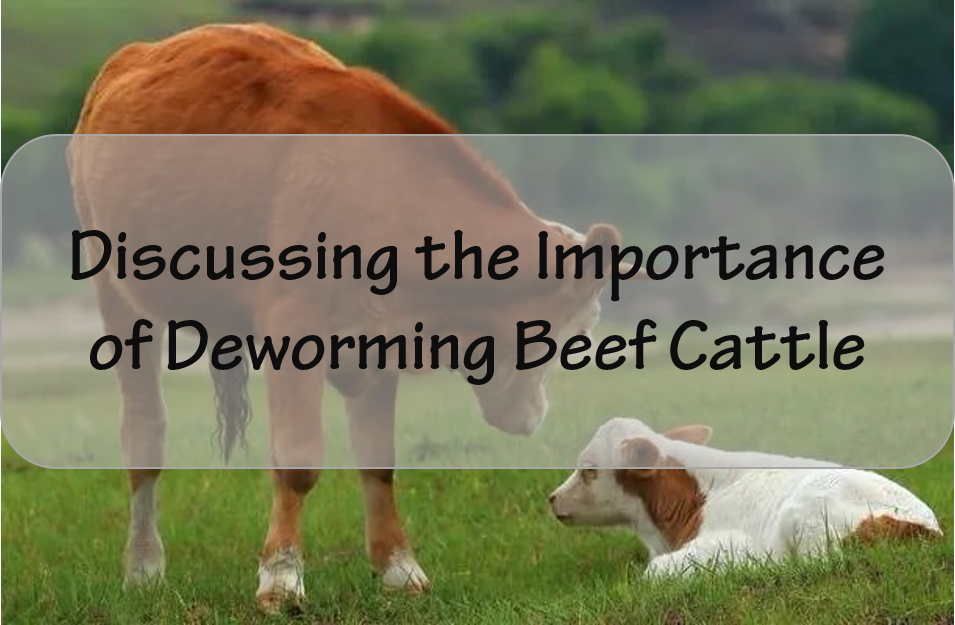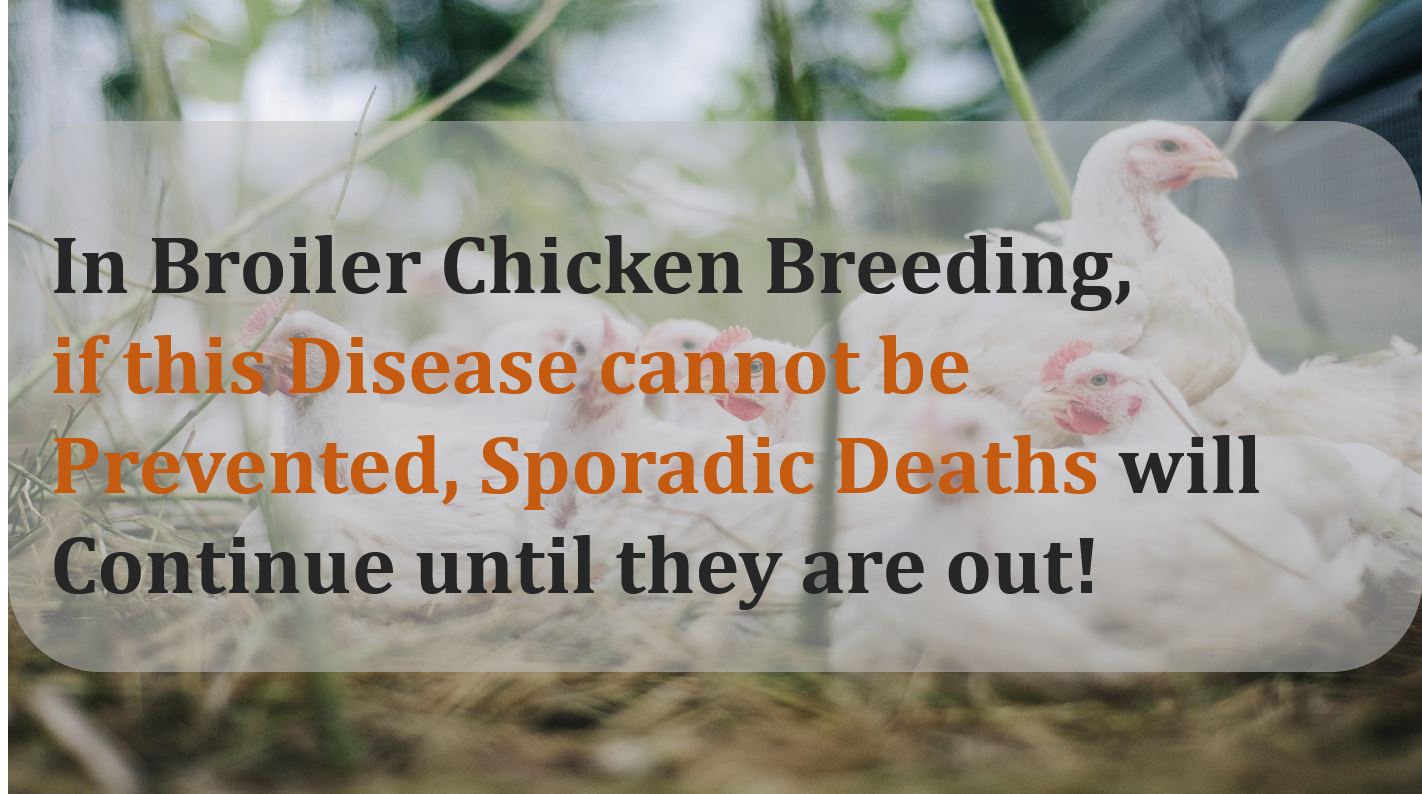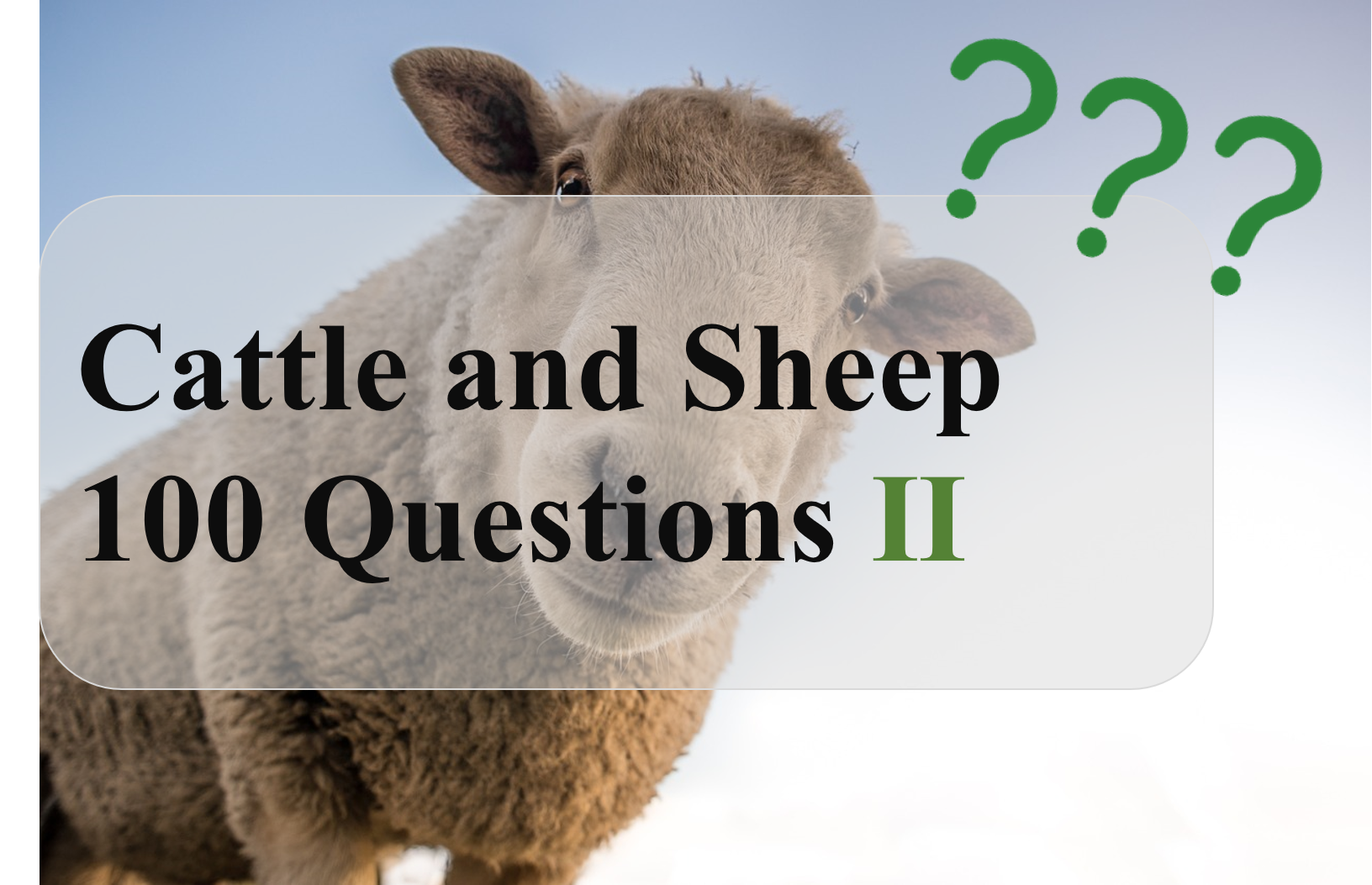|
Understand the Role of Defensins Correctly Defensins, which belongs to the host defense peptide, are defensive molecule for early defense response of mammalian mucosal immunity, and are important components of the innate immune system. Defensins not only directly kill invade pathogenic microorganisms, but also indirectly kill them by activating the immune system.  Robert E W Hancock, 2006 Robert E W Hancock, 2006
Defensins in intestinal mucosa play an important role, but both epithelial cells and mucous membrane tissues are highly differentiated structures, and defensins’ role are played with gut matures.
Long-term exposure of mucous membrane system with the outside world, shaping of a complex cavity micro-ecology environment, taking pig's intestines for example, which has more than 400 kinds of microbes, and the total concentration can achieve 107cfu/cm2. Therefore mucosa need a maintain ecological balance and a mechanisms to identify harmful bacteria and resident bacteria. For example, on the one hand the intestinal recess structure will distinguish pathogenic sensitive areas and non-pathogenic sensitive areas, on the other hand after the evolution, mucosa has formed an easy captured features mechanism, which is that the resident bacteria can secret low-toxic lipopolysaccharide and non-adhesive, to get along with the host.
Defensins play an important role in maintaining the ecological balance of mucosal microcirculation. First of all, Take the intestinal mucosa for example, Defensins mainly maintain the concentration of crypt resident bacteria on a low-level, if the resident microbes randomly invert into the intestines, Defensins will eliminate it; Secondly, Defensins are the primary elment of removing harmful microbes. These resident microorganisms usually belong to lipopolysaccharide with low toxicity and charge. When cell concentration of the intestinal mucosal increased, Defensins preferential adsorption the harmful micro-organisms (usually with higher charge) and kill it, finally adjusted concentration of microbial to normal levels.   Philippe J. Sansonetti, December 2004
  Muniz, 2012; Bevins, 1999 Therefore, we believe that a correct understanding of the role of AMPss is essential for the correct use of AMPs. Actually, AMPs do not have the strong ability to kill microorganisms compares to antibiotics. The purpose of using AMPs is not to kill all microbes, but maintain the microbiota balance. In order to ensure the number of resident microorganisms, AMP not only controls the invasion in local microorganisms, more is developing tolerance of animals to resident microorganisms, and generating the defense ability to pathogenic microorganisms through chemotaxis and signaling.  Lukas Martin, 2015
Philippe J. Sansonetti,WAR AND PEACE AT MUCOSAL  |
 Cattle and Sheep 100 Questions Ⅳ
Cattle and Sheep 100 Questions Ⅳ
 Discussing the Importance of Deworming Beef Cattle
Discussing the Importance of Deworming Beef Cattle
 In broiler chicken breeding, if this disease cannot be prevented, sporadic deaths will continue until they are out!
In broiler chicken breeding, if this disease cannot be prevented, sporadic deaths will continue until they are out!
 Cattle and Sheep 100 Questions Ⅱ
Cattle and Sheep 100 Questions Ⅱ